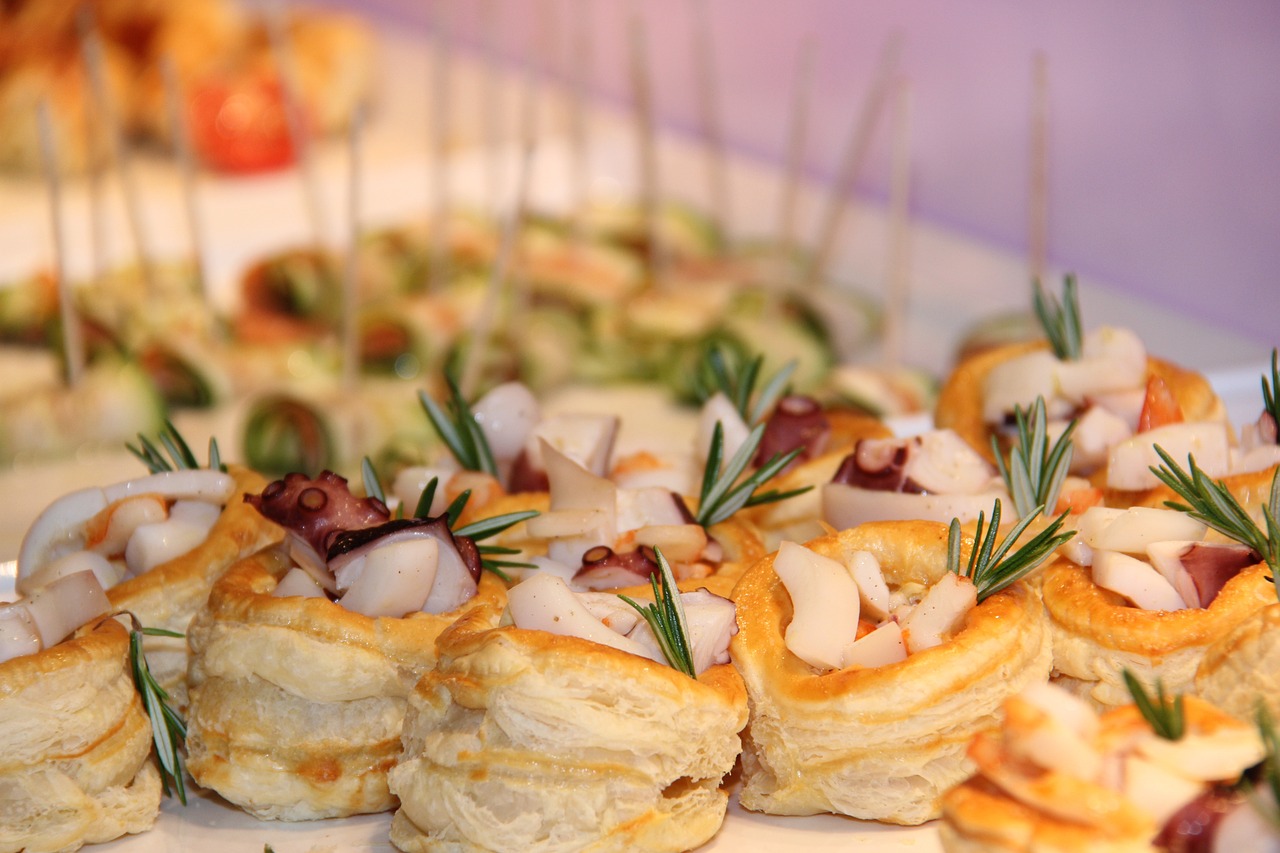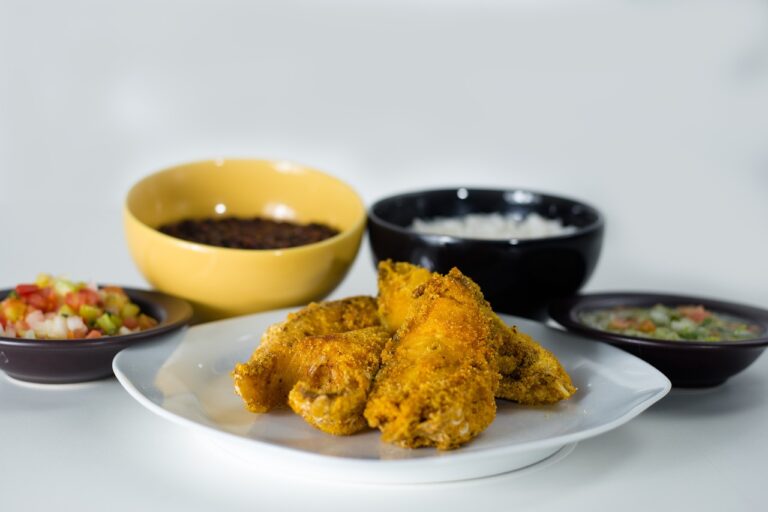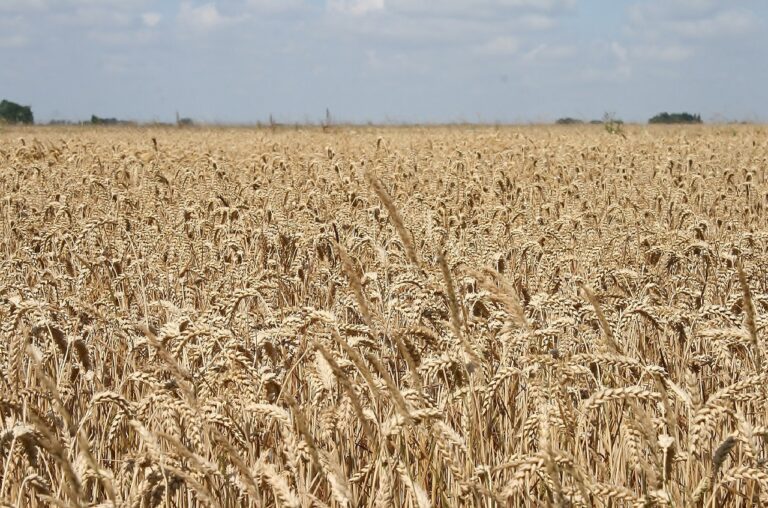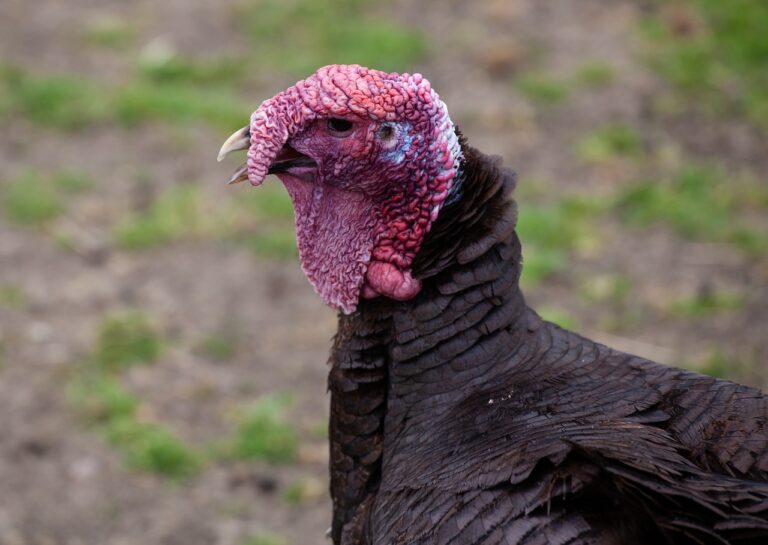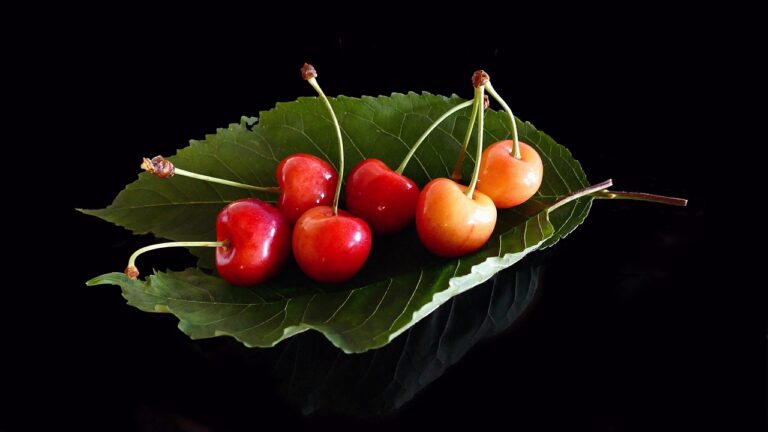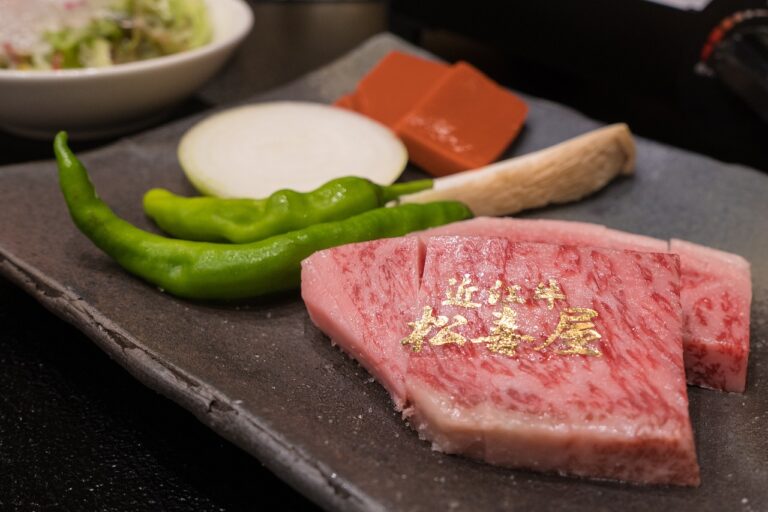The Art of Food Festivals: Celebrating Culinary Diversity
Food festivals come in a variety of forms, each celebrating a unique aspect of culinary culture. From seafood extravaganzas along the coast to chili cook-offs in the heartland, there is a festival for every food lover. Some festivals focus on specific dishes, such as bacon or barbecue, while others showcase a particular cuisine like Italian or Mexican.
Furthermore, some food festivals highlight seasonal produce or regional specialties, providing a platform for local farmers and artisans to showcase their goods. These festivals often feature cooking demonstrations, tasting events, and live music to create a festive atmosphere for attendees to enjoy. Whether you’re a fan of sweet or savory, spicy or mild, there is bound to be a food festival that caters to your taste buds.
– Seafood extravaganzas along the coast
– Chili cook-offs in the heartland
– Festivals focusing on specific dishes like bacon or barbecue
– Showcasing particular cuisines like Italian or Mexican
– Highlighting seasonal produce and regional specialties with local farmers and artisans
– Cooking demonstrations, tasting events, and live music at festivals
History of Food Festivals
Food festivals have a rich history that dates back centuries. These gatherings were initially organized as a way to celebrate the harvest season, with communities coming together to showcase their local produce and culinary traditions. Over time, food festivals evolved to include a wider range of foods and drinks, reflecting the diversity of cultures and cuisines around the world.
As food festivals gained popularity, they began to serve not only as a way to enjoy delicious food but also as a platform for cultural exchange and entertainment. In many societies, food festivals became an integral part of social life, providing an opportunity for people to connect, share experiences, and learn about different culinary practices. Today, food festivals continue to play a vital role in preserving food traditions and promoting local businesses, making them an important aspect of our cultural heritage.
Impact of Food Festivals on Local Communities
Food festivals play a vital role in boosting local economies by attracting a significant number of visitors, thereby stimulating spending in the surrounding areas. As a result, local businesses such as restaurants, hotels, and shops benefit from the increased foot traffic during these events. This uptick in economic activity can have a lasting impact on the community, fostering growth and development.
Moreover, food festivals serve as a platform for local farmers, artisans, and small-scale food producers to showcase their products and connect directly with consumers. By providing a venue for these vendors to sell their goods, food festivals contribute to the sustainability of the local food economy and help promote a sense of pride and identity within the community. This direct interaction between producers and consumers fosters a greater appreciation for locally sourced ingredients and supports the overall growth of the local food industry.
What are some popular types of food festivals?
Some popular types of food festivals include seafood festivals, BBQ festivals, dessert festivals, and cultural food festivals.
How long have food festivals been around?
Food festivals have been around for centuries, with some of the earliest ones dating back to ancient times where people would gather to celebrate the harvest.
How do food festivals impact local communities?
Food festivals can have a positive impact on local communities by boosting tourism, supporting local businesses, and showcasing the unique culinary traditions of the area.
Do food festivals help to promote local agriculture?
Yes, food festivals often feature locally sourced ingredients and products, which can help to promote and support local agriculture in the community.
Are food festivals only about food?
While food is the main focus of food festivals, they often also include entertainment, music, and other activities to create a fun and festive atmosphere for attendees.

